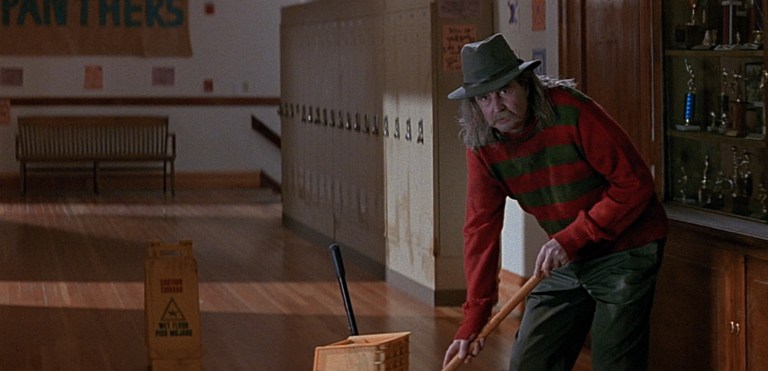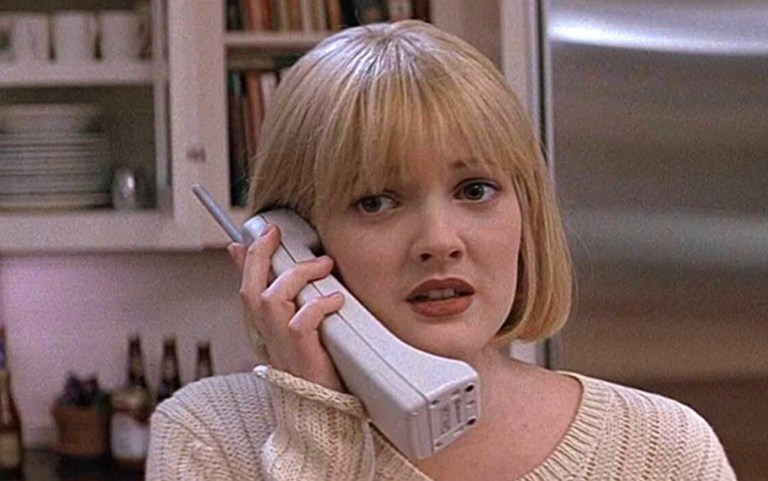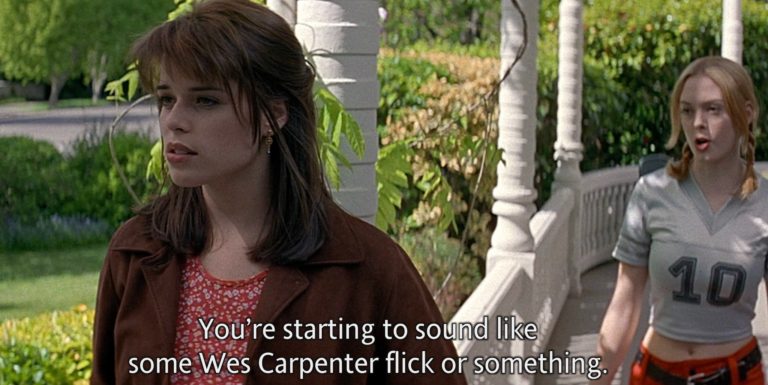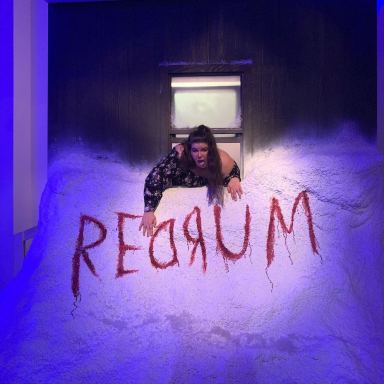How an 11-Year-Old Hater Convinced Wes Craven to Stick With the Horror Genre and Make ‘Scream’
The boy told Craven he had gone “soft”.

After transitioning from academia (he had a masters in philosophy and writing) to movies via adult videos, Wes Craven was surprised at the success of his first non-pornographic feature film, The Last House on the Left (1972). The writer and director allowed himself to create such an outrageously violent horror movie because he’d assumed it would mostly be watched by grindhouse audiences. While the success was welcomed, Craven felt it also pigeonholed him as a genre director and he always aspired to also make other kinds of movies. This was especially true around the time the original Scream project was looking for a director, as Craven had been making only horror movies for over 20 years at that point.
While Craven was actively looking for a more mainstream movie to make, three things convinced him to take on Scream:
The studio made him an offer he couldn’t refuse

Knowing his disinterest in taking on another horror movie, Craven’s assistant, Julie Plec, told him to tell the studio to “make him an offer he can’t refuse.” The studio, Dimension Films, did and so the project was financially attractive for Craven.
The Janet Leigh of it all

Craven was also encouraged to take on Scream because Drew Barrymore was attached to it. Originally Barrymore was set to play Sidney Prescott, but she decided she would prefer the role of Casey Becker because the smaller part would free up her schedule to do other projects. She was also interested in the Janet Leigh of it all — the idea that audiences would assume Barrymore was the lead in Scream and would be shocked at her death in the opening scene, much like Janet Leigh’s death in the middle of Psycho (1960).
Wes Craven said, “The fact that we killed America’s sweetheart at the end of 15 minutes, it was like a body punch to the audience.”
To prove his tween hater wrong

Finally, Craven was inspired to make Scream because of an interaction with an 11-year-old fan. The boy told him The Hills Have Eyes (1977) was his favorite movie but then added that he thought Craven had “gone soft” since then. Craven amped up the violence in Scream (which most directors had seen as primarily a comedy) to such a degree that they struggled to cut a version that the MPAA would give in ‘R’ rating instead of ‘NC-17’.
Further reading:
